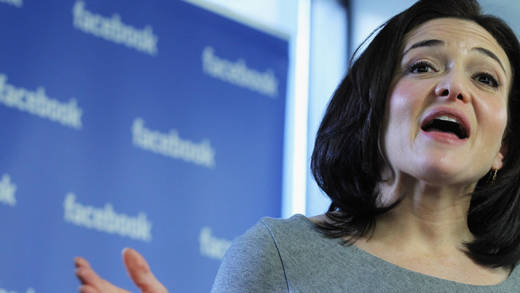In an email to backers of the initiative, the company made clear it still has problems with the ballot measure.
"We do think the initiative is flawed and hope the Legislature will work out a strong solution to provide consumers the right to know what information is being collected and the ability to decide whether their information may be sold."
Facebook had previously donated $200,000 to the Committee to Protect California Jobs, a campaign committee organized by the California Chamber of Commerce to oppose the measure. AT&T, Google, Verizon and Comcast also each donated $200,000 to the campaign committee.
The ballot measure would let consumers request information from companies about what categories of personal information they have collected and to whom they sold it. And it would allow consumers to request that companies not share or sell that information.
It would bar companies from discriminating against consumers who opt out of having their information shared, and it would let them sue the company if it sold the information anyway.
The initiative is the work of Alastair Mactaggart, a San Francisco real estate developer. In a written statement, Mactaggart expressed gratitude for Facebook's decision.
"Now that they have seen the error of their ways, we hope they will work with us proactively to protect the personal information of all Californians, and support us publicly and financially,” he stated.
“We believe that all consumers deserve the basic rights outlined in our initiative. We call on the remaining corporations who have contributed to the Super PAC opposing this common sense measure to drop their opposition. Google, AT&T, Verizon & Comcast: If you are not selling our personal information, why are you spending a million dollars to oppose us? Voters overwhelmingly support this measure, and protecting consumers is not only a good business decision, but the right thing to do. It’s time to stop business as usual and to step up and do the right thing.”
Along with the Chamber of Commerce, the opposition campaign is being spearheaded by the Internet Association, a trade industry lobbying group. In a written statement, spokesman Steve Maviglio said Facebook isn't withdrawing its opposition of the measure, but just won't put any money behind that.
"It is unsurprising that proponents of the so-called ‘California Consumer Privacy Act’ are looking to distract from their deeply flawed initiative that will do enormous harm to the California economy while not protecting anyone's privacy," said Maviglio.
"The proposed measure simply disconnects California. It is unworkable and requires the internet in California to operate differently — limiting our choices, hurting our businesses, and cutting our connection to the global. That is why we will continue to proceed with an aggressive campaign, including major announcements of new opposition in the next few weeks."
